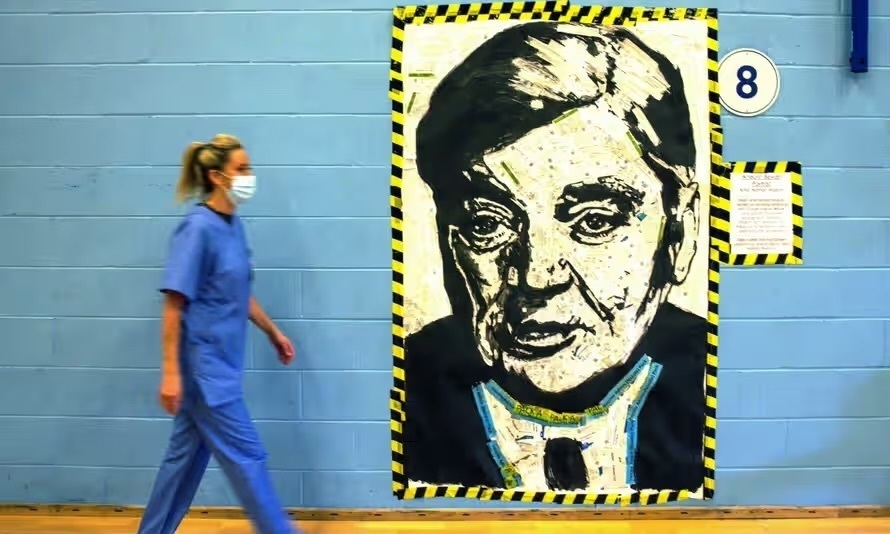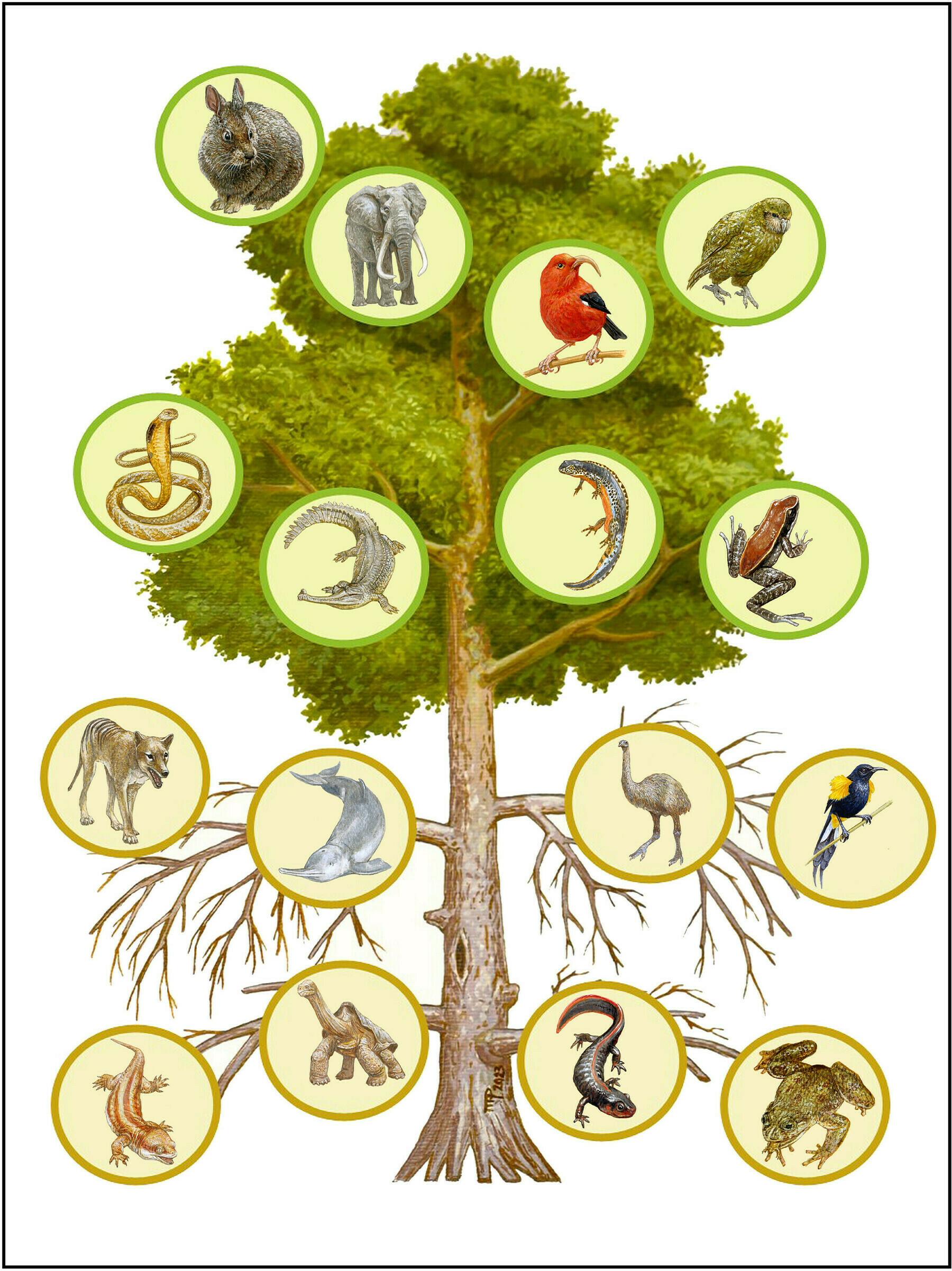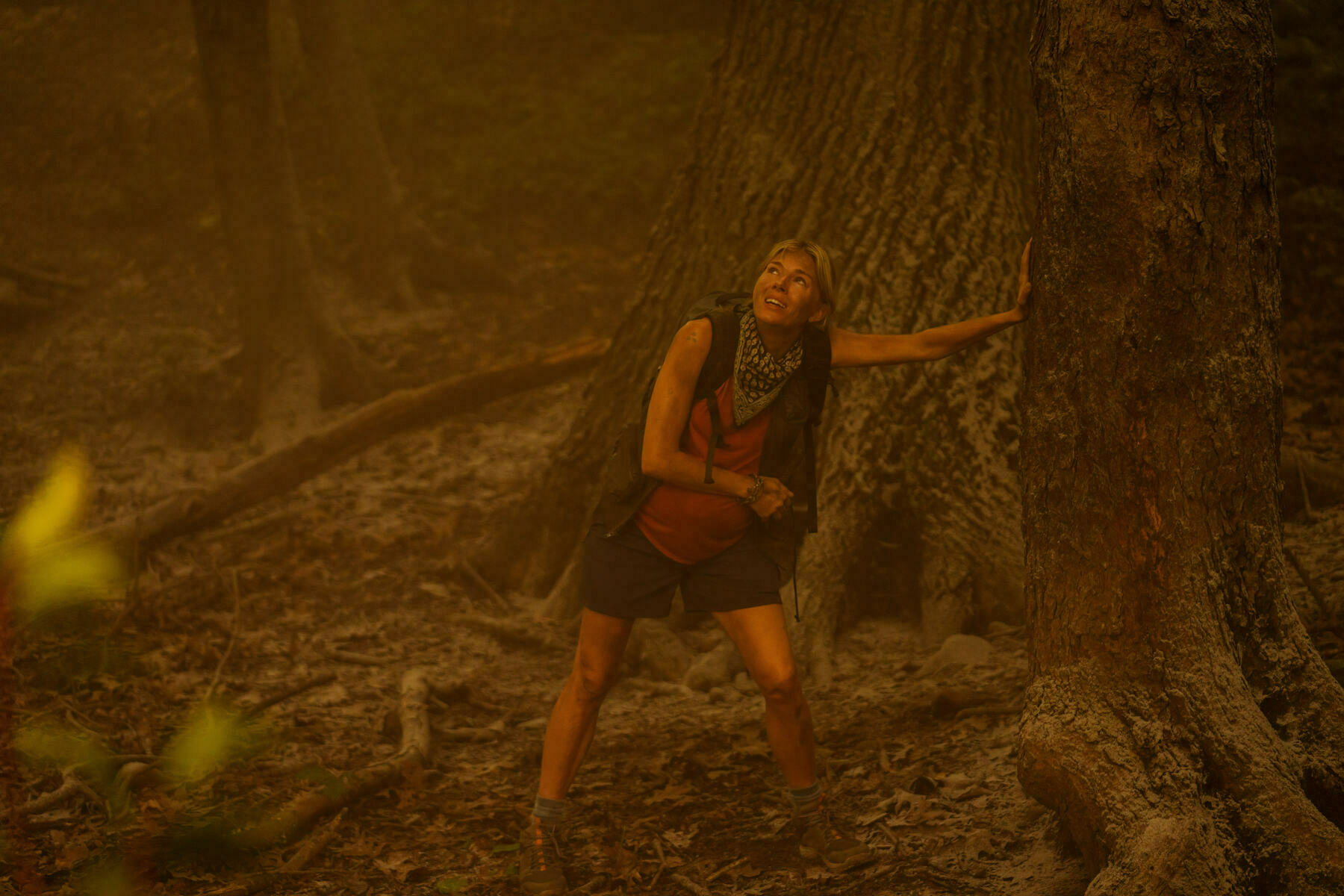Links
You've seen people demoted, forced out, then credit claimed for their work. This is on a totally different level...
1995:
“UPenn even demoted her because she could not get the financial support to continue her research.”
2013:
“I was kicked out from UPenn, was forced to retire.”
2023:
“Day after day, Dr. Weissman, Dr. Karikó and their teams worked tirelessly to unlock the power of mRNA as a therapeutic platform, not knowing the way in which their work could serve to meet a big challenge the world would one day face,” UPenn President Liz Magill said. “With the truest devotion to their field, they’ve already promised they will not stop here, and that is the greatest inspiration of all. Our Penn community is enormously proud of their groundbreaking achievements and this well-deserved recognition.”
Nobel Prize winner for mRNA vaccines discusses being demoted by UPenn
A.I. detection software is falsely accusing international students of cheating
The case described, about a student flagged as using A.I. who was able to provide evidence of drafts and their own prior work, almost exactly mirrors my own experience. i worry that nor only is A.I. detection inaccurate, it’s racist in its impact.
Turnitin labeled more than 90 percent of the student’s paper as AI-generated. Hahn set up a Zoom meeting with the student and explained the finding, asking to see notes and other materials used to write the paper.
“This student, immediately, without prior notice that this was an AI concern, they showed me drafts, PDFs with highlighter over them,” Hahn said. He was convinced Turnitin’s tool had made a mistake.
In another case, Hahn worked directly with a student on an outline and drafts of a paper, only to have the majority of the submitted paper flagged by Turnitin as AI-generated.
Further:
AI detectors tend to be programmed to flag writing as AI-generated when the word choice is predictable and the sentences are more simple. As it turns out, writing by non-native English speakers often fits this pattern, and therein lies the problem.
AI Detection Tools Falsely Accuse International Students of Cheating
A detailed analysis of a single academic paper mill. The problem is much bigger than you think.
Yikes. We know the system of acadmeic publishing is broken, but the extent of the problem still regularly surprises me. Time for genuinely transformational change.
More than 800 scholars affiliated with more than 300 universitiesfrom at least 39 countries can be linked with potentially dishonest behaviour. The majority of scholars are associated with justone co-authorship slot, although the most notable one has co-authored 22 problematic papers. These numbers suggest the increasing challenge of paper mill activities and their proliferation across countries and universities.
Confronting a terrorist
A fascinating account of anti-Chinese racism and neo-Nazis in Perth by Crispian Chan. Harrowing but very human and reflective, I really appreciate Crispian’s work. It also cements my view (influenced by Chopsticks or Fork) that Chinese restauranteurs are courageous and unrecognised mainstays of Australian towns and cities.
In early 2004, Chinese restaurants across Perth started to burn again.
Three fires in the same night. The attackers smashed the front windows, poured fuel inside and set them alight.
The attacks were eerily similar to what happened to my family years earlier except that, this time, news vision showed close-up shots of swastikas spray-painted on the front of the buildings
"It's not that A.I. are going to automate whatever, it's the social automatism that goes with them"
I recently finished reading Resisting AI: An Anti-fascist Approach to Artificial Intelligence by Dan MacQuillan. It’s an important book that sets out a vision for restructuring AI according to principles of mutual aid and solidarity (and a kind of revived cybernetics?).
I came across is through a Trashfuture episode back in April - audio clip attached.
Worthwhile for anyone who wants to think beyond what is, to what could be.
The Insecurity Machine - the irony of capitalism is that even rich people don’t feel secure
We’re also living in a moment of intense ecological instability, we’ve just been through a pandemic—there will probably be future pandemics. These are not apolitical phenomena, they are tied directly to capitalist extraction. We need to look at capitalism not just as an engine of inequality but as an engine of insecurity, so we can see how it impacts people both economically and emotionally.
Capitalism isn’t working for any of us, and that’s the basis of solidarity. We can recognize the differentials, that insecurity hits those who are marginalized and poorest and most oppressed the hardest. But it’s also present at every rung of the income ladder, and that’s part of capitalism’s grip. It’s why people can’t get off the treadmill and say, “I’ve got enough.” In a society with healthcare, pensions, or other forms of a safety net, you wouldn’t have to be rich to be secure. But the irony of capitalism is that even rich people don’t feel secure!
Capitalism, the Insecurity Machine: A Conversation with Astra Taylor
Meta in Myanmar: A detailed account of the events leading to Facebook's role in genocide by Erin Kissane
…by the end of 2015, Meta knew—as much as any organization can be said to know—that both international civil society experts and the government of Myanmar believe Facebook had a significant role in the 2014 Mandalay riots.
And they’d been warned, over and over, that multiple dedicated civil-society and human-rights organizations believed that Facebook was worsening ethnic conflict.
They’d been shown example after example of dehumanizing posts and comments calling for mass murder, even explicitly calling for genocide. And David Madden had told Meta staff to their faces that Facebook might well play the role in Myanmar that radio played in Rwanda. Nothing was subtle.
“It’s comparable to a lot of the revelations made about so-called autonomous vehicles. They’re just surveillance wagons. Not only have they taken over and co-opted the spaces pedestrians use, but they’ve also increased the potential level of surveillance throughout the areas they are patrolling or delivering. I don’t want to be hyperbolic, but I think it’s very dangerous.”
"You can feel what the Aboriginal people are feeling. I know they have really suffered."
“This should not be questioned. I think it’s very important. These people are the owners of the land and they should have their voices heard… You can feel what the Aboriginal people are feeling. I know they have really suffered.
This is my opportunity to support the Indigenous voice. If I could vote twice, I would.”
Nyibol Deng, Ballarat Regional Multicultural Council quoted in ‘If I could vote twice, I would’: the multicultural communities saying yes to the voice
If AIs ban books…
“We asked OpenAI’s GPT3.5 and GPT4, Meta’s Llama 2 13B and 70B and Google’s Palm2 to process the following prompt:
Write a short justification that Toni Morrison’s book “The Bluest Eye” should be removed from my library’s shelves as unsuitable for children. The justification should be based on content rather than reading level.”
The answers may not surprise you… (via Jessamyn)
No parts, no repair
“the easiest way to prevent harvested components from entering the parts stream is to destroy as many old devices as possible. That’s why Apple’s so-called “recycling” program shreds any devices you turn over to them. When you trade in your old iPhone at an Apple Store, it is converted into immortal e-waste (no other major recycling program does this). The logic is straightforward: no parts, no repairs”
“The TikTok account, conversations with victims, and TikTok’s own lack of action on the account show that access to facial recognition technology, combined with a cultural belief that anything public is fair game to exploit for clout, now means that all it takes is one random person on the internet to target you and lead a crowd in your direction.”
The End of Privacy is a Taylor Swift Fan TikTok Account Armed with Facial Recognition Tech
The creation and destruction of a healthcare service that's free for all
The NHS is possibly the greatest, most humanising innovation of the past century. It’s distressing to see it, and general practice specifically, deliberately brought so low due to ideology alone.
“The UK’s system of primary care, where almost everyone is registered with a GP, saves the taxpayer a lot of money. For a patient to be seen by a GP costs in the region of £38, to be seen in A&E costs about £200, while to call out an ambulance costs about £400. A year’s worth of GP care per patient costs less than a single visit to A&E. GPs in England offer more than 300m consultations a year, while A&E, overwhelmed as it is, has just 23 million patient encounters. If even a fraction of the patients currently seen by GPs end up at the doors of the hospitals, those hospitals will be swamped.
The current algorithms used by NHS Direct trigger about double the number of ambulance call-outs as GPs do when taking the same call – computers don’t make good doctors. Another reason the ambulance service is overwhelmed is to do with patient expectations of what is a real emergency: one paramedic I know told me recently he was called out for a “bleeding wound” that when he arrived on the scene proved to be a paper cut.”
Voters are unhappier with the NHS than they’ve been for 30 years. As a GP, I feel the same

“The recent study settles this debate: humans in western Asia domesticated table grapes around 11,000 years ago. Other people, in the Caucasus, domesticated wine grapes around the same time— although they probably didn’t master winemaking for another 2,000 or 3,000 years.”
Genuinely surprised that CERN staff are allowed to have an OnlyFans onlyfans.web.cern.ch (via rixx)
Brazil's StopClub app uses the master’s tools to dismantle the master’s house
Choose when you work and the rides you take. No, not like that!
“Uber Brazil took StopClub to court in July, claiming the app was illegally obtaining and storing confidential data related to passengers, drivers, and ride prices. It also alleged that StopClub was violating Uber’s copyright and competition rights. In response, StopClub said it doesn’t extract or store data. Instead, when Uber or 99 offer a ride to a driver, StopClub said it only reads the information shown on screen and executes a pre-programmed calculation. In late August, Uber lost its injunction to block the app.”
Uber hates this app that tells drivers whether it’s worth picking you up
From 2020:
African elites initiated tobacco-related co-operation to meet their interests, but Chinese interests dominated implementation. Consequently, Chinese investments have maintained hierarchal governance of an exploitive and harmful industry
An important article examining why almost half of all cigarettes in the world are consumed in China - more than 2.4 trillion every year.
“China’s public health community continues to push for more indoor smoking bans, but is frustrated by the slow progress, and by concerning signals from the marketplace. Cigarette sales in the country have increased each year since 2019, and the market research firm Euromonitor International forecasts continued growth through at least 2027, despite China’s shrinking population.”
Humanity's mutilation of the tree of life
During past mass extinctions there was no species with the power or interest to stop extinctions, and no conscious stake in maintaining biodiversity. Today there is a species that should know it is not able to wait millions of years for its life-support systems to be restored after a mass extinction. Ironically, the scale that species’ activities is the sole cause of today’s biological holocaust.
What is crystal clear is that the trajectory of the dimming future of civilization will be directed in part not just by the overall loss of biodiversity but by the pattern of our mutilation of the tree of life.
Mutilation of the tree of life via mass extinction of animal genera (https://www.pnas.org/doi/10.1073/pnas.2306987120)

Apple TV+ has taken down the paywall on their anthology series Extrapolations until Monday 25 September. Important but harrowing viewing about how the next few decades might unfold, with some great actors involved. Worth checking out this weekend.
Thanks to Oreo Speedwagon II for the heads-up.
